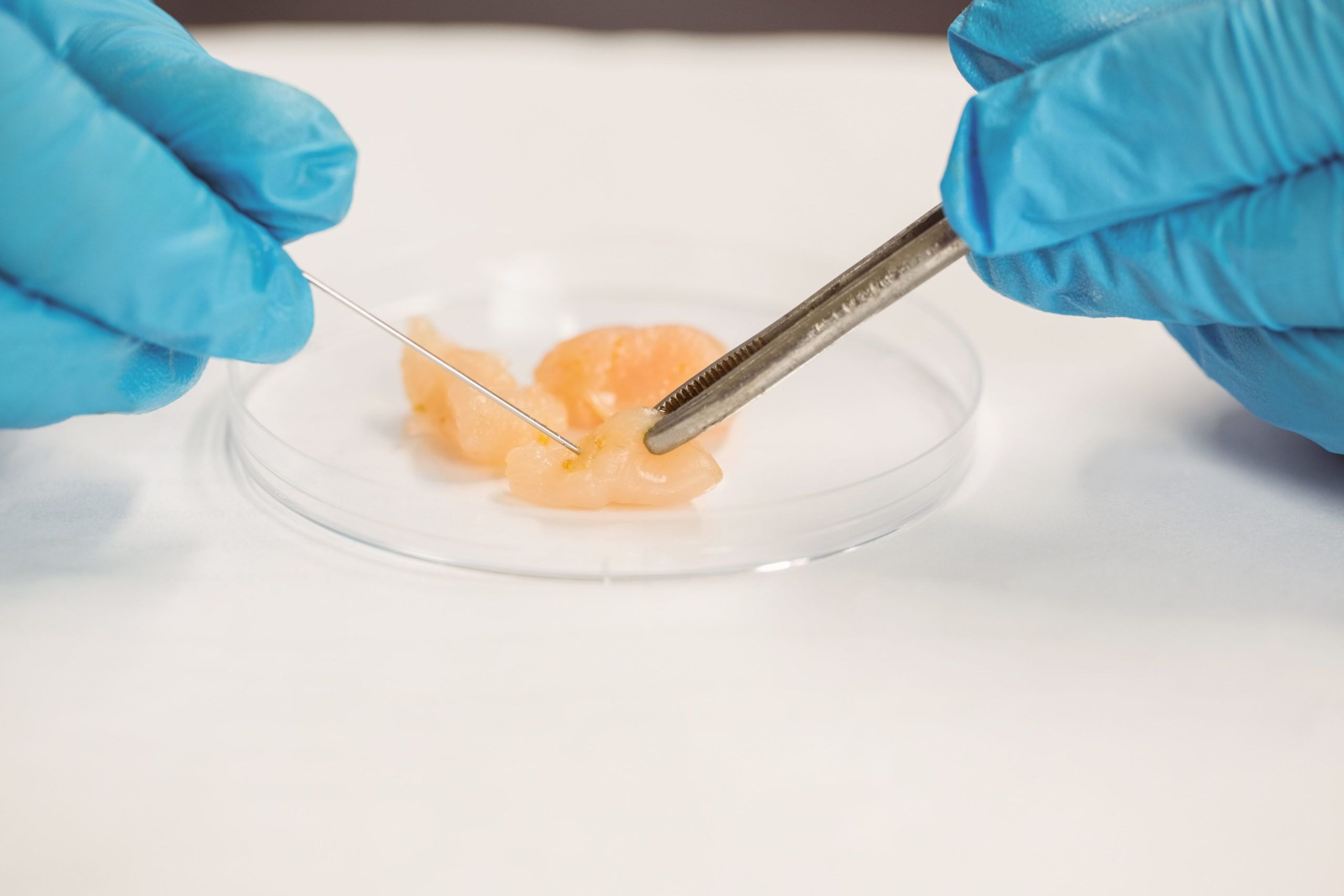SuperMeat, an Israeli cultured meat startup, has raised a $3 million seed round to develop its cultured chicken product in the first of what will likely be several funding rounds in the area of cellular agriculture this year.
Cellular agriculture is a method of agricultural production enabling the growth of meat, eggs, and leather in cell culture rather than by raising and slaughtering livestock.
SuperMeat’s funding round was dominated by impact investors New Crop Capital and Stray Dog Capital — both focused on ending animal suffering. Singapore’s Sirius Ventures and one of Europe’s largest poultry producers, Germany’s PHW also participated in the round.
Participation from PHW is the latest example of a significant player in the meat industry investing in an alternative protein startup, following Cargill’s investment in the most funded cultured meat startup to date Memphis Meats, and Tyson’s investment in plant-based burger company Beyond Meat.
“We at PHW have time and again left the beaten path in conducting our business,” said PHW-Gruppe CEO Peter Wesjohann in a statement. “This approach not only facilitates the development of best-in-class animal welfare concepts in our core poultry business but will also lead to the strengthening of our vegan product portfolio, confirming our leading role in the global consumer trend towards a cleaner, more protein-rich diet.”
SuperMeat says that it will have a product on shelves in three years, which is directly in line with Memphis Meats’ to-market time frame. SuperMeat’s co-founder and CEO Ido Savir told Tech Crunch that the company would start with chicken intended for processed food to speed up the path to market, as whole muscles like chicken breast are more difficult to culture.
“Our team is comprised of a diverse group of top-tier scientists, food engineers and chefs, working together with the best production experts from the pharmaceutical industry to create a new generation of meat products,” Savir said.
SuperMeat’s timeline to market appears aggressive by industry expectations; industry insiders told AgFunderNews in October that getting a cultured meat product to market takes at least four years and $150 million and $370 million in funding.
SuperMeat is also looking to capture a pricing advantage: the company is aiming to launch its first product “at a price point similar to the conventional chicken products currently available on store shelves,” according to a press release. Memphis Meats has said that its products will initially be priced at a premium.
SuperMeat previously raised $230,000 through a crowdfunding campaign on the IndieGoGo platform in 2016, in addition to its latest round.
Memphis Meats, by comparison, has raised $22 million, including a $17 million Series A round in August led by Tesla and SpaceX investor DFJ Venture Capital with Bill Gates and Richard Branson also participating alongside Atomico, New Crop Capital, SOSV, Fifty Years, KBW Ventures, and Inevitable Ventures as well as billionaires Suzy and Jack Welch, Kyle Vogt, and Kimbal Musk along with Cargill and other unspecified “food industry giants.”
Other startups in the cultured meat space include Mosa Meat, which is helmed by Mark Post who cultured the first burger in 2013, and Finless Foods. Finless, which is culturing bluefin tuna, has telegraphed that a seed funding round announcement is forthcoming.
Mosa Meats hosted the first tasting of a lab-grown burger in 2013. Memphis Meats revealed the world’s first cultured meatball in February 2016 and the world’s first cultured poultry in March 2017.
Plant-based protein startup Hampton Creek has claimed that it will have a cultured meat product on the market this year. It was not immediately clear how much of the company’s $220 million in total funding is going toward this end.
Lisa Feria, CEO of Stray Dog Capital, who is also invested in Memphis Meats along with SuperMeat, expressed skepticism of Hampton Creek’s timeline to AgFunderNews in October: “I am not privy to their internal developments, but from the four other clean meat companies I’m invested in, I think it would be hard to do at scale in that timeframe.”





